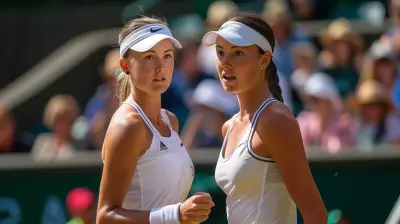From Amateur to Professional: The Shifting Definition of an Olympian
11 June 2025
The Olympics have long been a symbol of human excellence. It's that rare stage where athletes from all over the world come together to prove that they're the best in their sport. But, here's the thing: the definition of an Olympian has changed dramatically over the years. What once was a platform for amateur athletes to showcase their raw talent has now transformed into a professional playground. The lines between "amateur" and "professional" are blurrier than ever, and it’s truly fascinating to see how the evolution of sports has altered the very essence of what it means to be an Olympian.
So, how did we get here? Let’s dive into the shifting definition of an Olympian, from the humble beginnings of amateurism to the modern era of professional dominance.
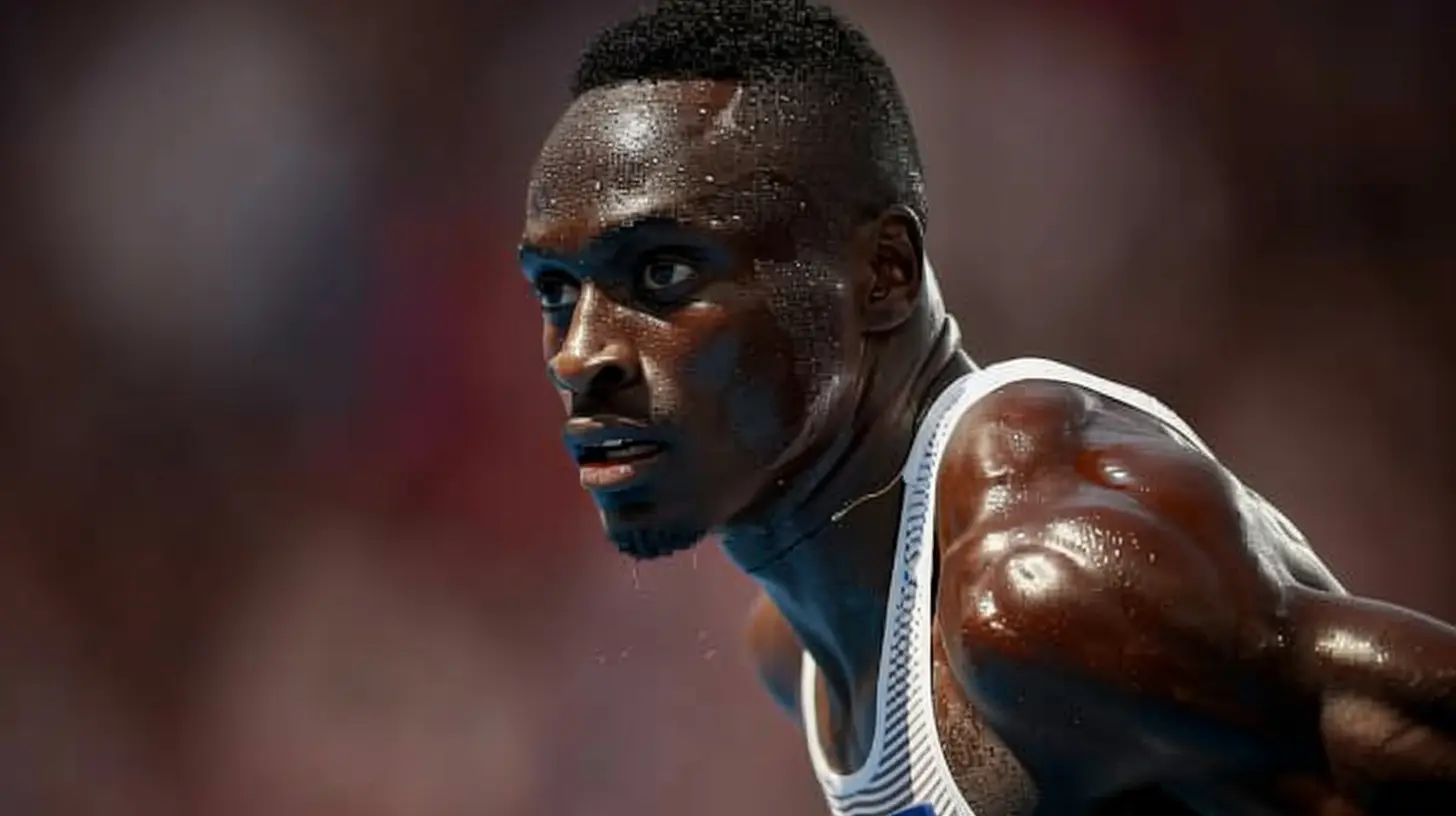
The Early Days of the Olympics: Pure Amateurism
If you rewind the clock back to the early days of the modern Olympic Games, the athletes who competed were strictly amateurs. The founder of the modern Olympics, Pierre de Coubertin, was a staunch advocate of amateurism. He believed that the Olympics should be a competition for gentlemen (yes, back then it was mostly men) who played sports for the love of the game, not for financial gain. In his view, professionals—those who got paid to play—were tainted by money, and the Olympics should remain a pure celebration of athleticism.It’s kind of romantic, right? The idea that athletes would compete simply for the honor, the glory, and the pride of their country? But then, reality set in.
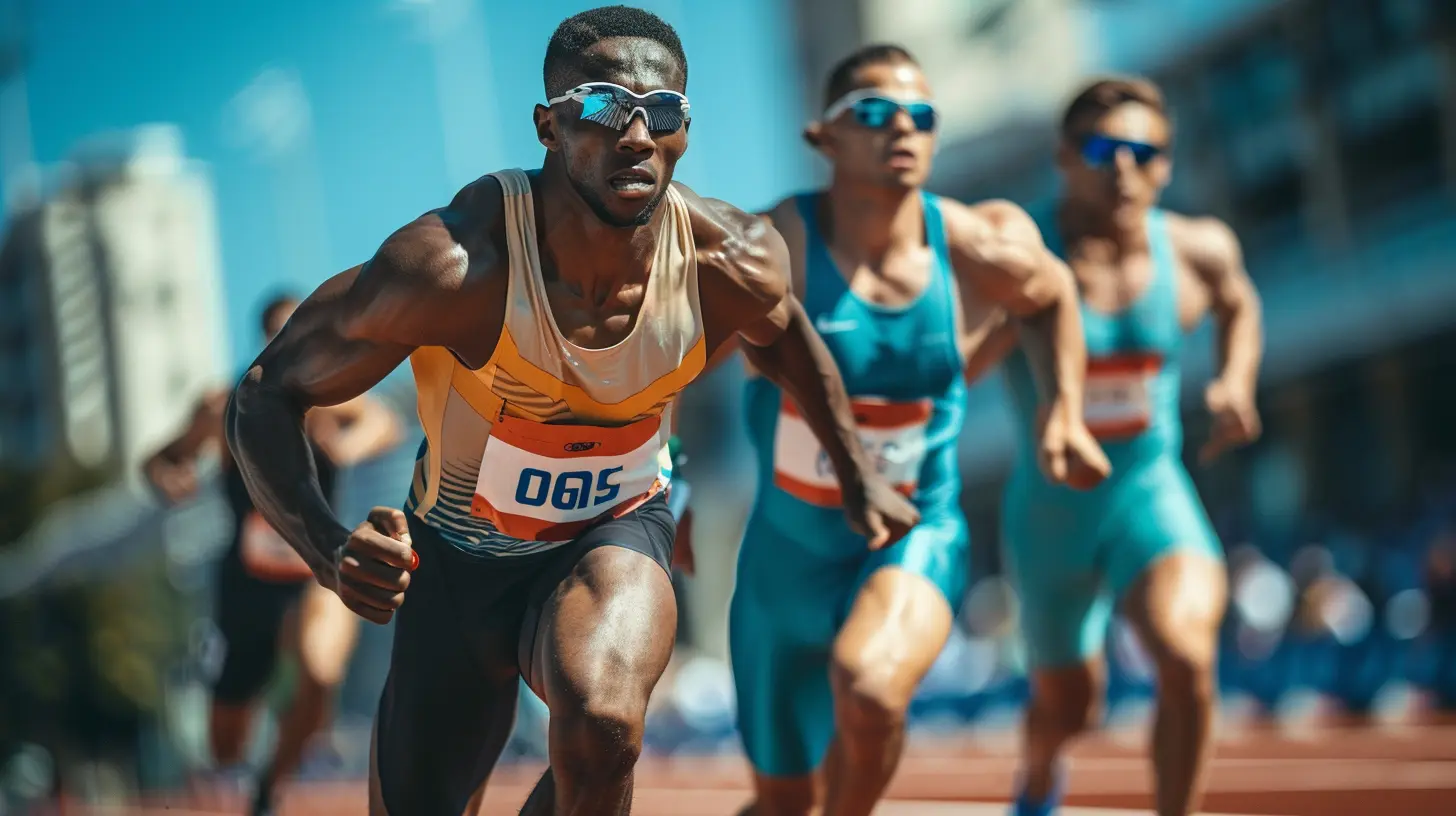
The Reality of "Amateur" Athletes
Even in the so-called "golden age" of amateurism, things weren't as pure as they seemed. Sure, athletes weren’t getting direct paychecks for their performances, but many of them received financial support in other ways. Governments and private organizations often provided athletes with stipends, job security, or under-the-table payments. The line between amateur and professional was already getting fuzzy. Some nations, particularly in the Eastern Bloc during the Cold War, were notorious for supporting their athletes with full-time training programs, housing, and financial assistance—all while maintaining the pretense of amateurism.So, while the Olympics may have claimed to be amateur, the truth was that many athletes were receiving support that allowed them to train and compete at a level that was, in essence, professional.
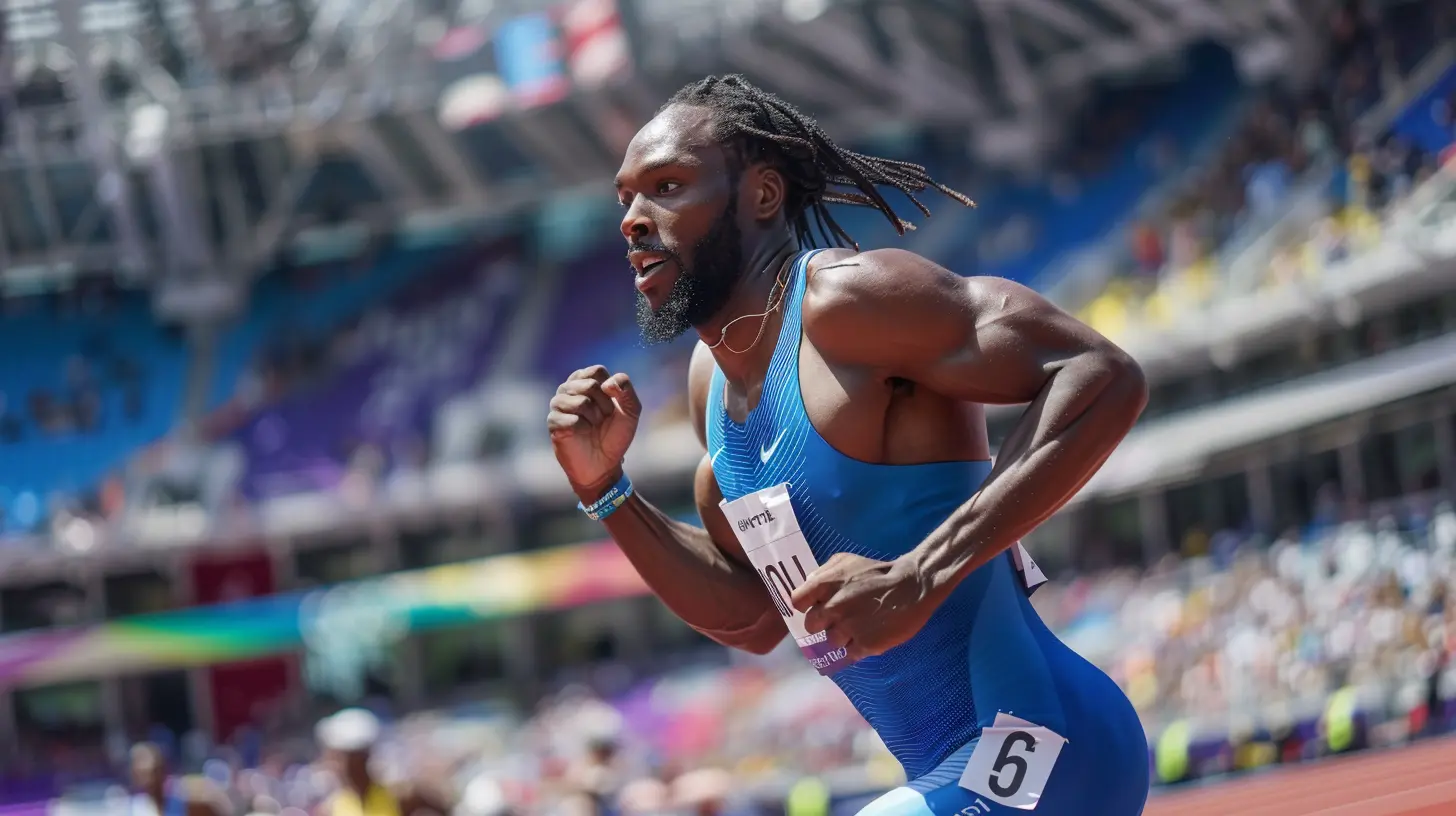
The Professional Invasion: A Turning Point
Fast forward to the late 20th century, and the amateur ideal had all but crumbled. The turning point? The 1980s and 1990s, when more and more athletes began openly competing as professionals. Take basketball, for example. Before the 1992 Barcelona Olympics, only amateur basketball players could represent their countries in the games. But that all changed when the International Olympic Committee (IOC) decided to allow professional athletes to compete. Enter the USA "Dream Team"—a roster of NBA superstars who dominated the competition and forever changed the way we think about Olympic basketball.This was a watershed moment. Once professionals were allowed to compete, there was no turning back. Suddenly, the door was open for athletes who made a living from their sport to participate in the games, and the definition of an Olympian shifted once again.
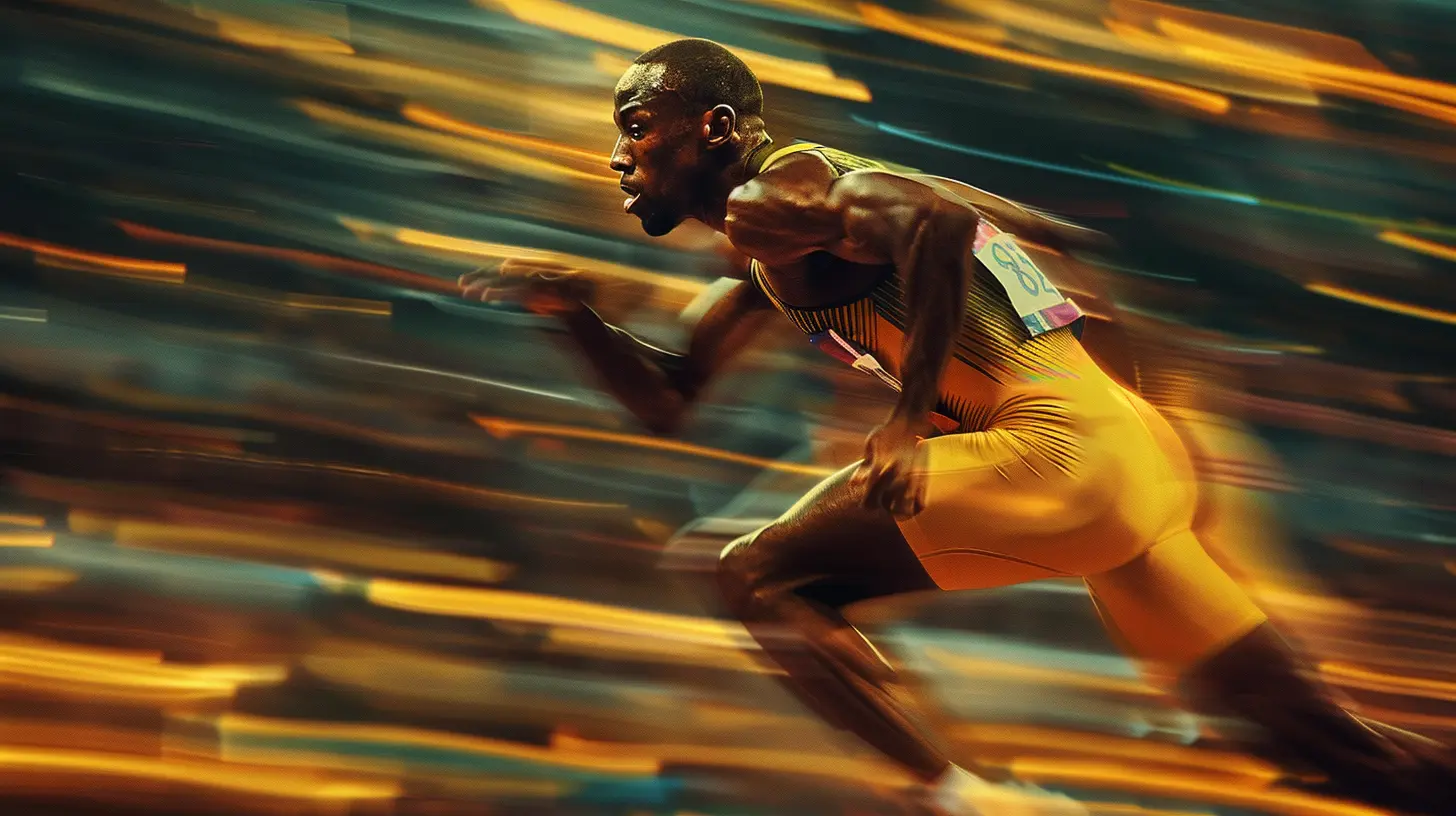
Why the Shift? The Role of Sponsorship and Media
You might be wondering, "Why did the IOC change its stance on professionals in the first place?" Well, like many things in life, the answer boils down to money.As television networks and sponsors became more involved in the Olympics, the pressure to feature the world’s best athletes—regardless of their amateur or professional status—grew. Let’s face it, viewers wanted to see the big names, the superstars, the athletes they knew from professional leagues. And sponsors? They wanted those same athletes endorsing their products. The financial incentives were just too strong to ignore.
By allowing professionals to compete, the Olympics became a much more lucrative event. It attracted more viewers, more sponsors, and more media attention. The games became bigger, flashier, and, in many ways, more exciting. But it also meant that the traditional notion of an Olympian—a humble amateur competing for the love of the sport—was fading away.
The Modern Olympian: A Hybrid of Amateur and Professional
Today, the lines between amateur and professional athletes are almost non-existent. The vast majority of Olympians are professionals in every sense of the word. They have sponsors, they earn prize money, and for many, their sport is their full-time job. But does that make them any less "Olympian"?Not necessarily.
The modern Olympian is still an athlete who has dedicated years—often decades—of their life to mastering their sport. They still embody the values of hard work, perseverance, and excellence. Yes, they might also have lucrative endorsement deals and million-dollar contracts, but at the core, they are still driven by the desire to compete at the highest level and stand atop the podium.
In fact, one could argue that the modern Olympian is even more impressive. Think about it: today’s athletes don’t just have to be physically and mentally prepared for competition; they also have to navigate the world of media, sponsorships, and public expectations. It’s a balancing act that requires not only athletic skill but also a savvy understanding of the business side of sports.
The Role of Technology: Enhancing Performance or Creating Disparities?
Speaking of the modern Olympian, it’s impossible to ignore the role that technology now plays in shaping their performance. Advanced training techniques, nutrition plans, and equipment have all contributed to athletes reaching new heights. For instance, swimmers are breaking records thanks to improved swimsuits designed to reduce drag, while runners are benefiting from high-tech shoes that enhance speed.But this raises another question: Does access to better technology create an uneven playing field? Are certain athletes at an advantage simply because their country or sponsor can afford the best equipment and training facilities?
In a way, this is another layer to the amateur-versus-professional debate. Just as financial support used to blur the lines between amateur athletes, technology can now do the same. The athlete with the best training tools might have a significant edge over someone relying on more basic resources, even if both athletes are equally talented.
The Spirit of the Olympics: What Remains Unchanged
Despite all these changes, one thing remains constant: the spirit of the Olympics. Whether amateur or professional, Olympians still embody the ideals of sportsmanship, dedication, and the pursuit of excellence. Sure, the stakes may be higher now, and the competition more intense, but at the end of the day, the Olympics are still about pushing the boundaries of what’s possible in human athletic achievement.When we watch the Olympics, we’re not just watching athletes perform; we’re witnessing the culmination of years of hard work, sacrifice, and passion. Whether they’re a professional with a multimillion-dollar contract or an underdog from a small nation, each Olympian carries the same dream—to represent their country, to compete on the world stage, and to maybe, just maybe, take home a medal.
The Future of the Olympian: What’s Next?
As we look to the future, it’s clear that the definition of an Olympian will continue to evolve. With the rise of eSports, for example, we could one day see video game players competing for Olympic gold. It might sound far-fetched, but if the past few decades have taught us anything, it’s that the Olympics are constantly changing to reflect the world around them.The inclusion of new sports, the increasing role of technology, and the ongoing debate over the place of professionals in the games will all shape the future of the Olympics. But one thing’s for sure: whether they’re amateurs or professionals, Olympians will continue to inspire us with their incredible feats of athleticism and their unwavering dedication to their craft.
In the end, isn’t that what makes the Olympics so special? It’s not just about who wins or loses; it’s about watching human beings push themselves to their absolute limits and, in doing so, remind us all of what we’re capable of.
all images in this post were generated using AI tools
Category:
OlympicsAuthor:

Easton Simmons
Discussion
rate this article
2 comments
Victor Moore
Embrace the journey! Every Olympian starts as an amateur, proving passion and dedication can redefine greatness.
June 16, 2025 at 2:36 AM

Easton Simmons
Thank you! Embracing the journey is crucial; it highlights the transformative power of passion and dedication in achieving greatness.
Enid James
Great insights! It’s fascinating how the journey to becoming an Olympian has evolved over time!
June 11, 2025 at 12:24 PM

Easton Simmons
Thank you! I appreciate your thoughts on the evolving journey to becoming an Olympian. It truly is a fascinating transformation!
